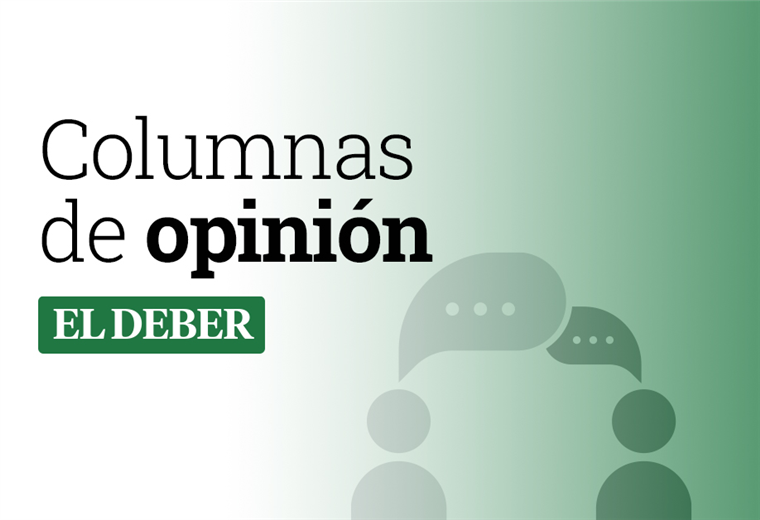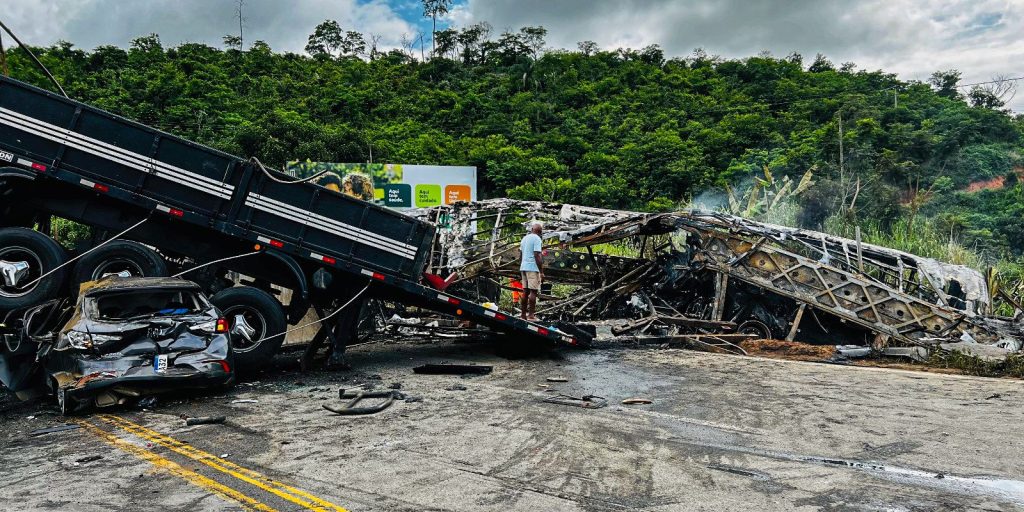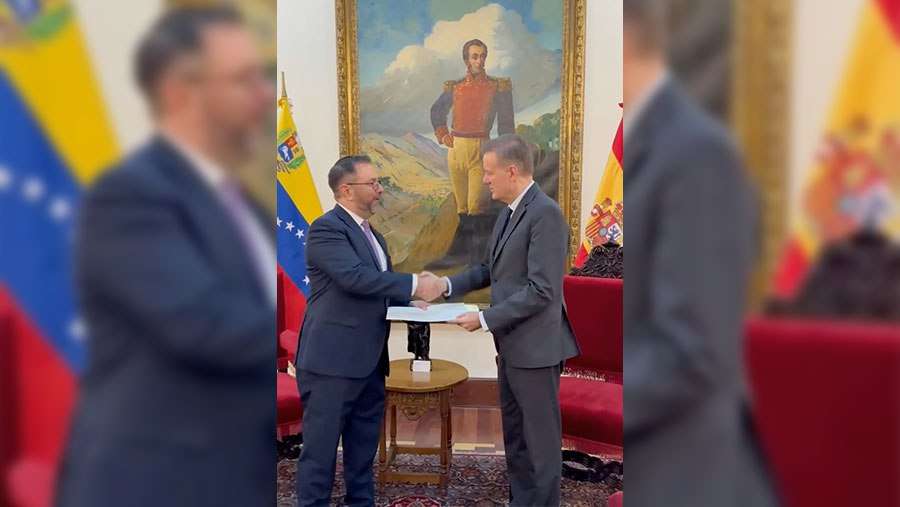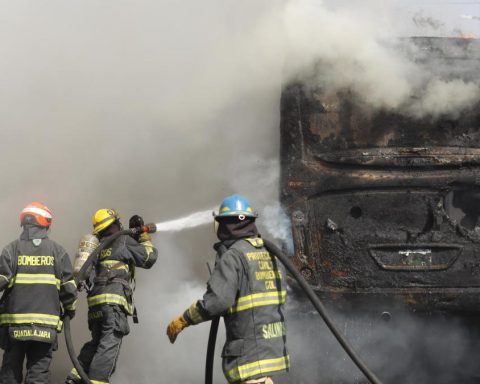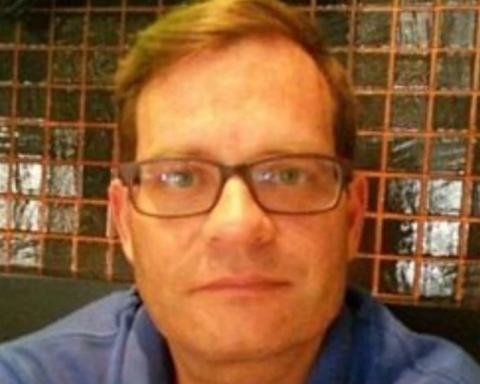December 22, 2024, 3:00 AM
December 22, 2024, 3:00 AM
Lorenzo Gabriel Dávalos Baigorria
There is a lot of pro-government propaganda in a rude manner about the Bolivian economy, and the way things are going, there is no room for an analysis without political charge. And as it could not be otherwise, the State has been using politics to its advantage, that is, comparing itself against a fall in various economic indicators (GDP, International Reserves, Trade Balance, etc., etc.) and, therefore, showing us a more favorable economic situation than it really is. A clear example is the GDP, whose indicator was always put ahead to show an economy in constant “dynamism”:
In 2024 the deterioration of the economy has deepened, this year it is leaving us with high expenses, growing debt, less income and less savings.
High expenses. – The main element that has characterized state action in the economy was the expansion of spending. Public Sector expenses have had a tendency to increase significantly and have multiplied several times in recent years. Expenditure has expanded at all levels of government, in all sectors and of all types (both current spending and investment); Likewise, public companies under the Central Level were created and incorporated into the budget.
Growing debt. – Having increased public spending in a scenario with a drop in income has resulted in an increase in the country’s debt. Debt increased even during the boom period. The growth of debt, to expand spending (finance the fiscal deficit), was increasingly greater
Less income and less savings. – Although the country registered interesting levels of economic growth during the period of the natural resources bonanza, similar to other countries in the region, since 2014 it has been decelerating; That is, production is growing, but at an increasingly lower rate. The slowdown reflects the end of the supercycle of high commodity prices. But, in addition to the economic cycle, this situation reflects the great dependence on natural resources in 2024. The previous Government did not take advantage of the boom period to transform the economic structure, promote and diversify production; and focused on a model that expanded spending and consumption.
Point out that from now on there is a period of inflation and economic instability in which the government’s “patch” policies are not enough to stop the trend. For any government it will be very difficult politically to face adjustments as long as people do not recognize the real problem and its causes; It would be expected that the government would be honest about the model and the situation, or, otherwise, that it would reach rock bottom in order to implement adjustments.
Finally we conclude that the country has been left in a complicated economic situation, little noticed because the difficulties have been covered with debt and loss of State reserves. The most important task is to balance public finances with current limited income, so it will be essential to optimize the use of public resources and reduce expenses and investments that do not generate impact. Another great challenge is to solve the problem of the frozen exchange rate, the trade deficit and the fall in International Reserves.
Lorenzo Gabriel Davalos Baigorria President of the Chamber of Audit and Accounting Consulting Companies – CAECO BOLIVIA.
